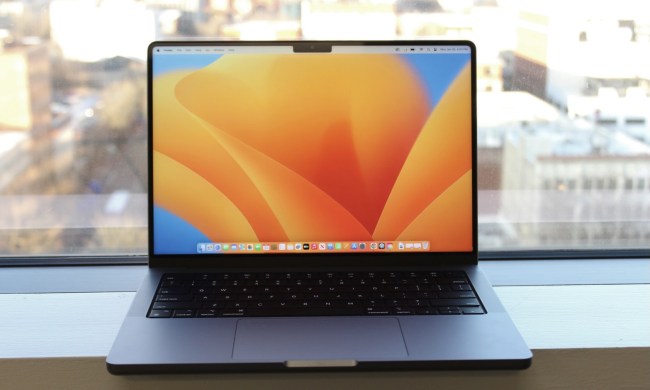The pandemic-fueled demand for more computational and graphics power is showing no sign of slowing down. It’s been widely reported that inventory of graphics cards and CPUs is highly strained due to shortages of critical components, and we are now learning that demand for notebooks and desktops are also on the rise as more people are forced to work, study, and stay entertained at home.
And while Lenovo is experiencing a new renaissance due to demand for its line of laptops and tablets –the company is best known for laptops made under its IdeaPad, Yoga, Legion, and ThinkPad brands — shoppers may find it difficult to locate a notebook that they want to buy if demand further increases.

Typically, Lenovo and its distributors maintain about six weeks worth of inventory at any given time, but demand during the pandemic caused supplies of its laptops to drop to very low levels.
Gianfranco Lanci, Lenovo’s chief operating officer, said that “we were down to very, very low levels, and it’s still more or less at that level” in the company’s earnings call, according to a report on The Register, adding that “I would say we have not seen any declining demand” since the winter quarter.
“I think when I look around the world … from U.S. to Europe to China to Asia-Pacific, I think our channel inventory has never been so low, and in some cases during the last quarter, we were down to two to three weeks,” he said.
Shortages of components

In 2020, according to a Canalys report, Lenovo came in first in shipment volume and market share. With 87 million computers shipped, the ThinkPad maker claimed 19% of the market, edging ahead of rivals like Apple, HP, Dell, and Samsung. The company expects that demand for PCs will only surge higher in 2021, and Lanci anticipates that 300 million computers will be shipped this year.
Lenovo isn’t the only PC manufacturer to be affected by a surge in demand while also being constrained by component shortages. Rival HP, which owns brands like Omen, Envy, and Spectre, noted that it had experienced a shortage of integrated circuits and panels that slowed down manufacturing. And shortages of high-end chips from Intel, Nvidia, and AMD are also accelerating the supply-side shortages.
To address component shortages, Intel created a promotional video ahead of CES this year highlighting how it has leveraged the pandemic to turn abandoned office space into fabrication labs to increase CPU supply and improve yields. AMD and Nvidia both anticipate that supplies for GPUs won’t start to normalize through the first half of the year.
More power is needed at home

The situation could potentially get worse. As more people spend time on their devices, they will likely find that they need more performance, and that could drive faster replacement cycles in the future, Lenovo CEO Yang Yuanqing said. This means that the demand boost will likely stick around for some time.
This sentiment was echoed by Matt Baker, senior vice president of strategy and planning for Dell EMC, who claimed in an interview with Seeking Alpha that, as people are forced to turn on older PCs at home that they normally wouldn’t need to use because they were at work, they will soon realize that these devices need to be refreshed.
But while consumers may see this as bad news — discounts due to overstocked warehouses may no longer be as big, and it may also be harder to find a PC you want in stock — manufacturers are seeing more profits. Lenovo announced that its PC and Smart Device division grew 27%. And with tariffs on premium PC components, shoppers should expect that the price of a PC will go up this year.


